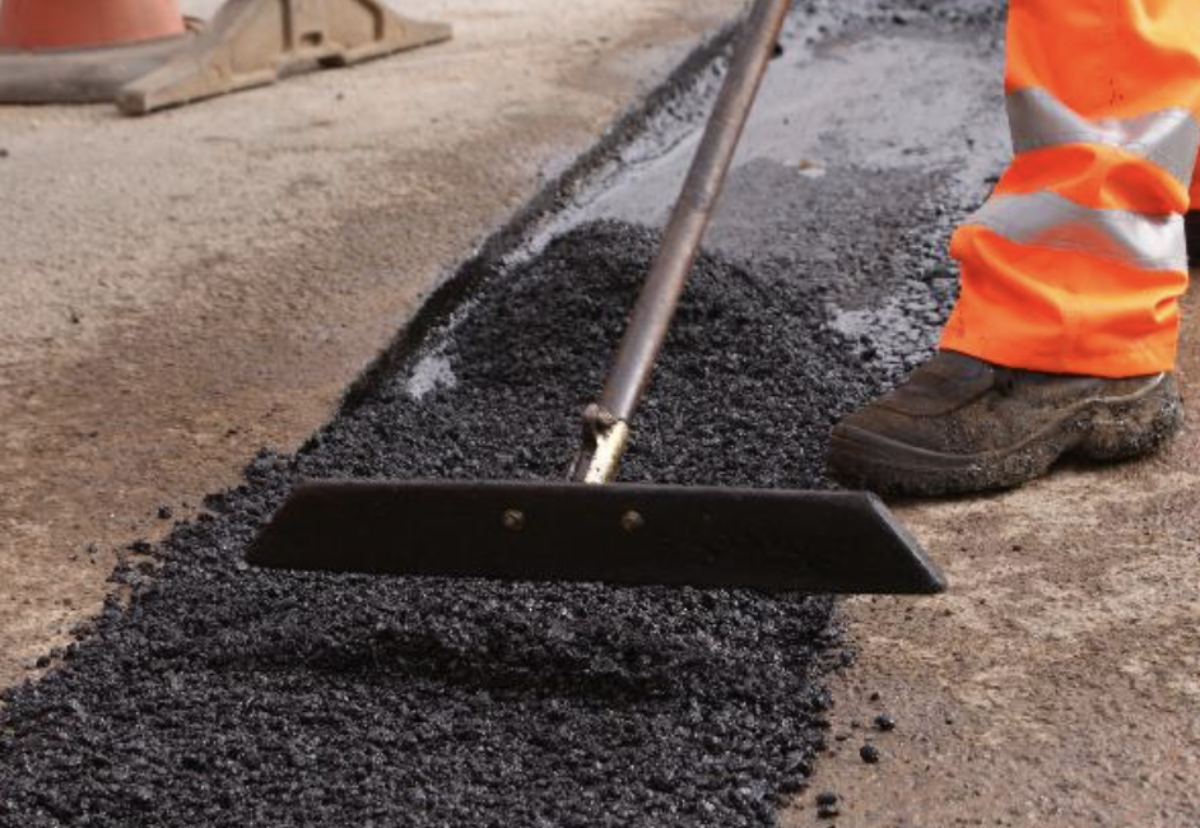Currently, about 30% of utility companies’ street works are inspected, regardless of how well those street works are carried out.
Under the new “street works regime”, utility companies will be assessed on the quality of their road repairs after carrying out street works, with the best companies inspected less and the worse-performing companies inspected more, based on their performance.
As a result, companies that leave behind roads in poor condition could see 100% of their street works inspected.
With highway authorities now charging £50 per defect inspection and a further £120 for follow-up inspections, poor performing companies will now be incentivised to perform better to avoid incurring high financial charges.
While the average failure rate for street works by utility companies is currently 9%, some of the worst performers are failing inspections by as much as 63%.
Other reforms in the inspection framework will help telecoms operators roll-out broadband nationwide and ease congestion by mandating better live updates on roadworks to help drivers plan ahead.
Transport Secretary Mark Harper said: “We’re investing more than £5.5 billion over this parliament to maintain roads up and down the country, and today’s measures are yet another example of how this government is on the side of motorists and other road users, leaving no stone unturned in the fight against the plague of potholes.”
The move will focus on telecom companies in particular, which is the worst performing sector – responsible for nearly 13% of poor street work repairs.







 (300 x 250 px).jpg)










































.gif)





